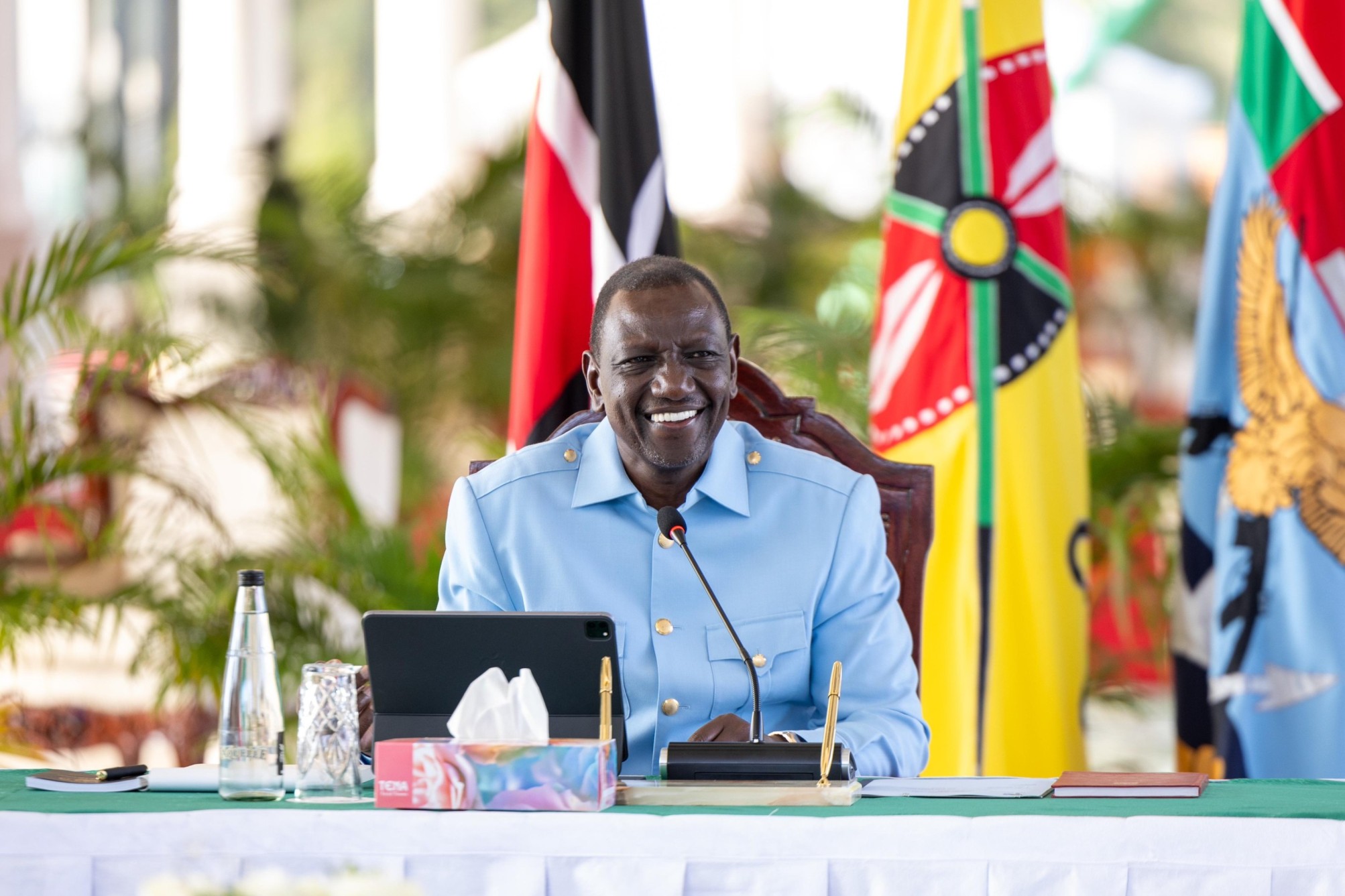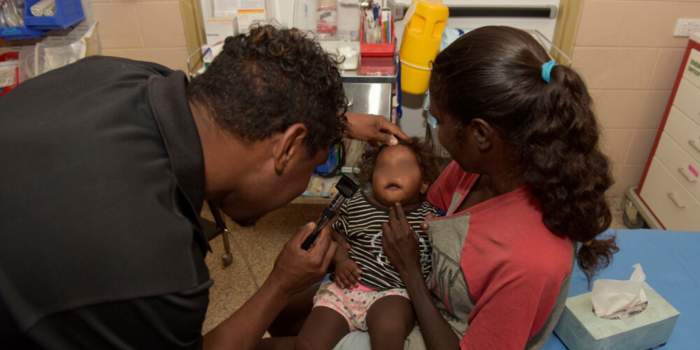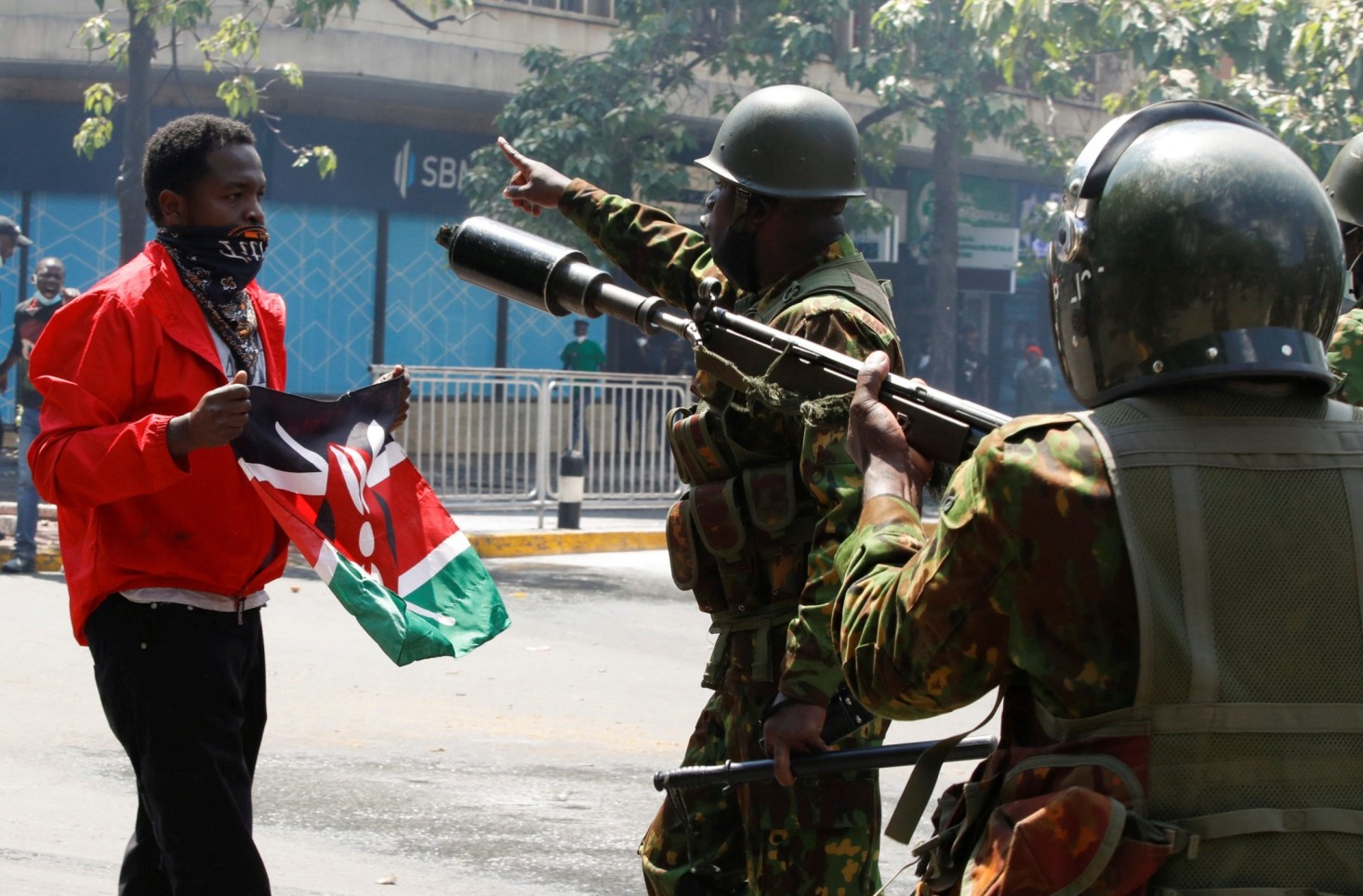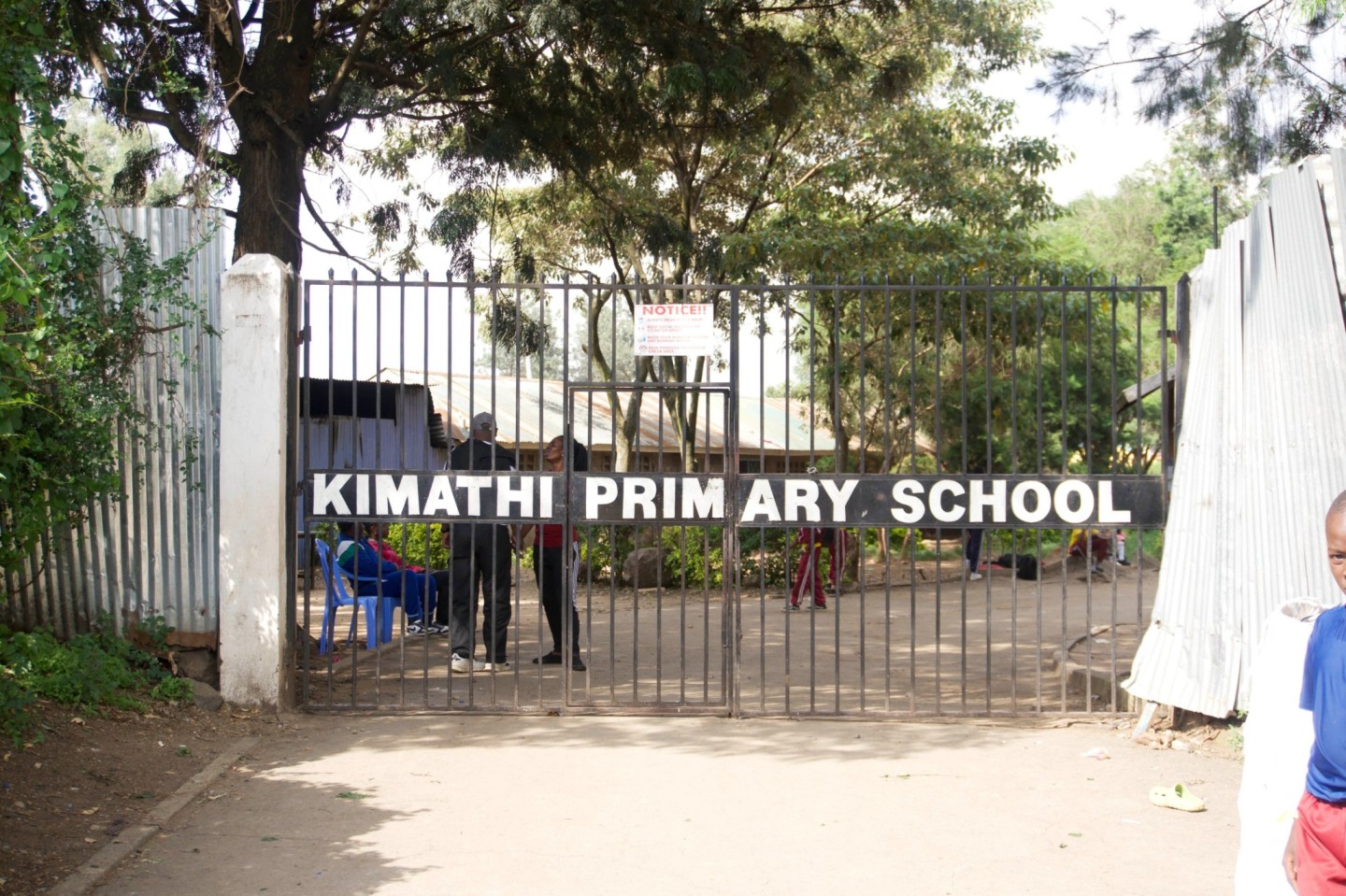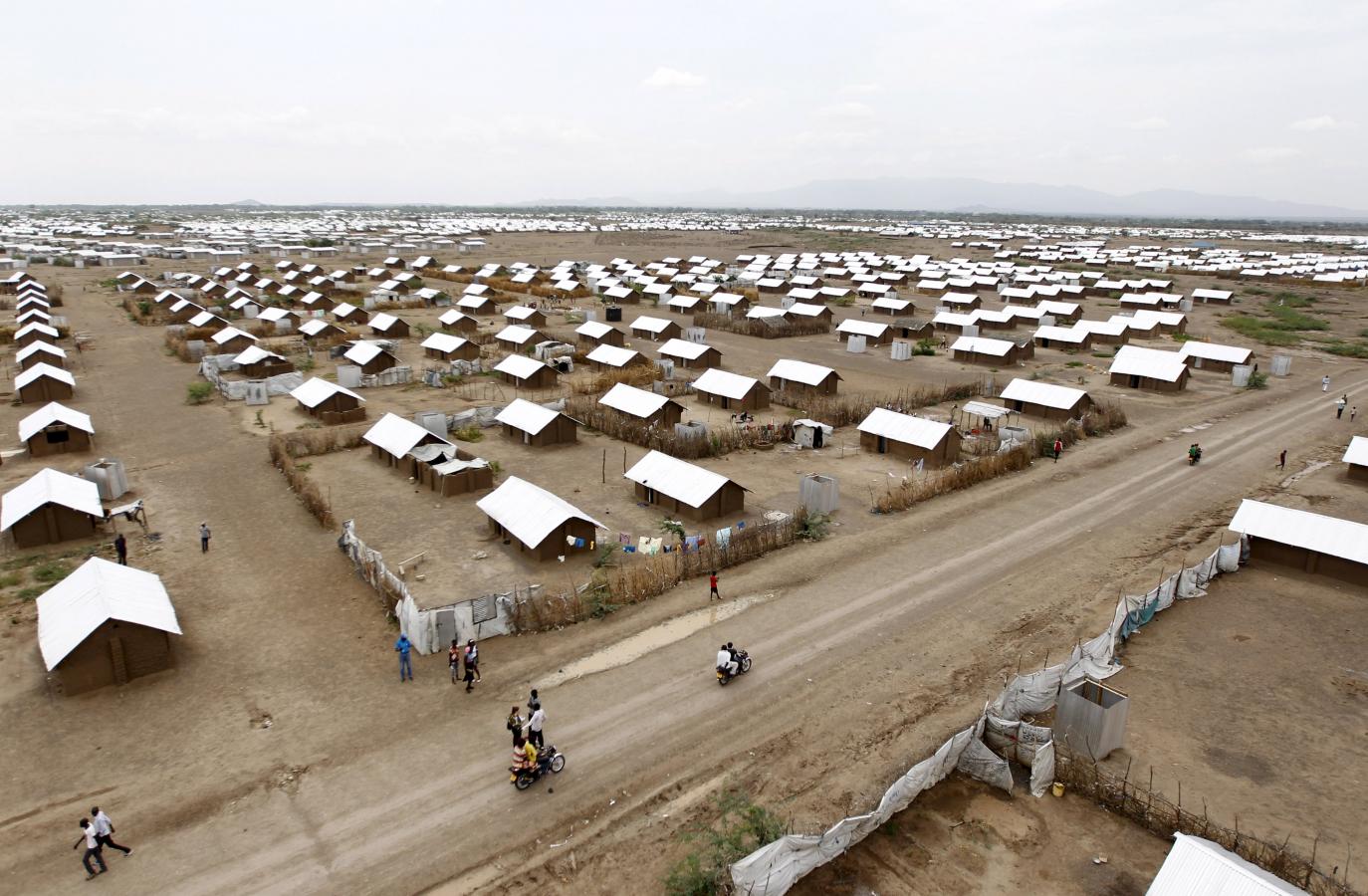Kenya relocates 21 black rhinos to save them

By Issa Hussein |
Nature Conservancy hails government’s move to protect the endangered rhino population from extinction.
The Kenyan government has begun relocation of 21 black rhinos in a bid to save them from extinction.
The Kenya Wildlife Service (KWS) started the delicate process of tracking and relocating the 21 critically endangered species from Nairobi National Park, Ol Pajeta Conservancy, Lewa Wildlife Conservancy to Loisaba Conservancy in Laikipia County.
Keep reading
Loisaba Conservancy community has set aside around half of its 58,000 acres of land for the rhinos.
During the flagging off event of the 21 rhinos’ relocation programme, Tourism, and Wildlife Alfred Mutua said the black rhino population in Kenya has grown from 384 to over 1000 securing the country’s position as the third largest globally after South Africa and Namibia.
He said the increase marks the halfway point towards the goal of having 2000 black rhinos in the country.
Mutua announced successful gains in managing the poaching of endangered rhinos and further called for continuous efforts to safeguard them, especially in the wake of a resurgence of poaching in South Africa.
He also affirmed the allocation of more resources to protect the rhino conservation.
Kenya Wildlife Service Director General Dr Erastus Kanga said they are committed to the protection, conservation and expansion of Kenya’s black rhino population.
“The success achieved in sustaining their numbers is a testament to our relentless pursuit of security measures against poaching and our dedication to the principles outlined in the 7th edition of the Recovery and Action Plan 2022 -2023) for black rhinos in Kenya,” he said.
The Nature Conservancy, one of the leading conservation organisations working globally, hailed the government’s efforts to save the rhino population from extinction.
According to Nature Conservancy, the relocated rhinos will enjoy a new sanctuary with a world-class security operation and low-profile fencing to allow free movement of all other wildlife species.
The conservancy revealed that the relocation programme was supported by the San Diego Zoo Wildlife Alliance, The Nature Conservancy, The Elewana Collection and Space for Giants.
KWS is leading the translocation, a delicate process done only by highly skilled veterinarians.
Nature Conservancy Kenya Programme Director Munira Anyonge Bashir said the project will benefit the community through job creation and increased revenue.
“We are thrilled to see rhinos brought back to an area where they once roamed in great numbers more than 50 years ago,” said Munira.
The conservancy acknowledged that the operation to relocate the rhinos marks an amazing turnaround for Kenya’s black rhinos whose numbers have started to increase.
This success has been attributed to increased security surveillance.
Dr Nadine Lamberski, San Diego Zoo Wildlife Alliance Chief conservation and wildlife health officer who spoke to Fox 4 News said they were proud to support Kenya Wildlife Service and Loisaba Conservancy in the project to save the critically endangered eastern black rhino.
“We are playing a multidimensional role in supporting this relocation and we are honoured to be part of this transformative project that provides black rhinos with a protected area for them to thrive,” said Dr Lamberski.
The CEO and Founder of Space for Giants Dr Max Graham said the reintroduction of the eastern black rhino to Loisaba was a plus for Kenya's wildlife conservation efforts.
The Laikipia community led by Mathew Naiptari welcomed the relocation of the black rhino to Loisaba Conservancy with anticipation of bringing more benefits to the community.
The community leader gave assurance that the local community would play a crucial role in protecting and conserving the endangered rhinos.
Ahead of World Rhino Day on 22 September 2023, the International Union for Conservation of Nature (IUCN) said at least 561 rhinos were illegally killed by poachers across the African continent during 2022 with 23,290 rhinos remaining in the African continent.
According to IUCN statistics South Africa is still home to more rhinos than any other country but continues to experience high losses to poaching – 448 rhinos illegally killed in 2022 compared to 451 in 2021. Namibia detected 93 poached rhinos in 2022 compared to 47 the previous year.
While in Kenya, official figures showed that one rhino was poached in 2022, down from six the year prior.
Noor Ali Farah a freelance journalist and conservation writer in Laikipia said the relocation of 21 black rhinos to Loisaba Wildlife Conservancy in Laikipia, Kenya was a good move but efforts must be in place to ensure they thrive in their new home.
He cited a situation where six years ago, Kenya relocated 11 rhinos to Tsavo, where all died from stress, dehydration, starvation, and salty water poisoning.








